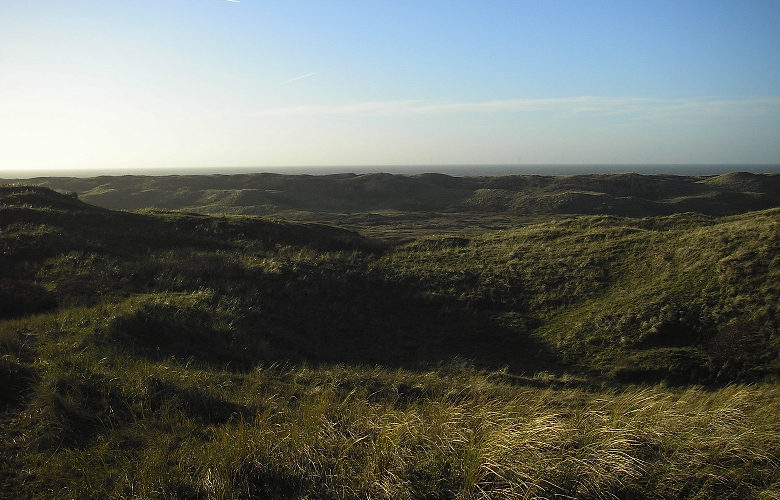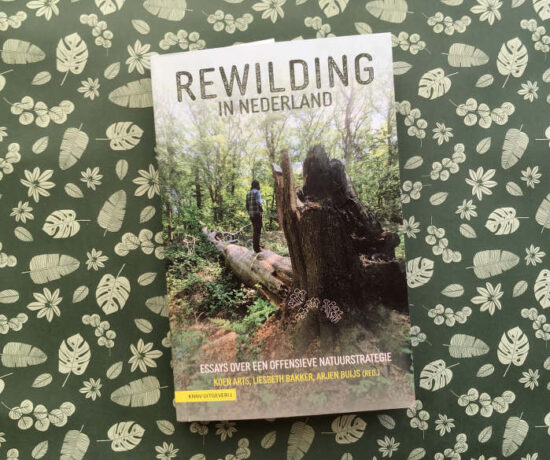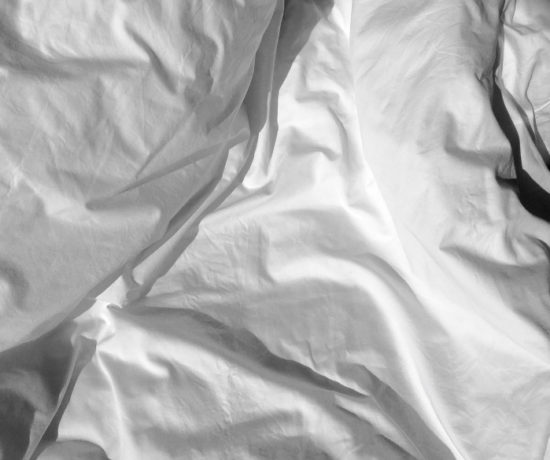I always thought my preference for spaces bathing in daylight was rooted in childhood conditioning, like so many preferences. Surely the houses and classrooms that I grew up in, with their windows to the ceiling, must have left me craving the sun later in life. A while ago I read Licht (Light), a book from the Dutch physical geopgrapher Gemma Venhuizen on the influence of light on the mind and body. Since then, I’ve learned that it’s unlikely that I would have had different preferences if I’d grown up in a dark house.
The importance of daylight at workspaces
‘Light professor’ Alexander Rosemann explains that we have a strong preference for natural light by nature, when we’re both inside and out. This also correlates with the apparent findings of many scientific studies on factors influencing wellbeing and productivity of office workers. One factor is the amount of daylight. ‘Lots of studies show that the availability of natural light at our workspaces make us happier, healthier and more motivated,’ Rosemann says. ‘And as a result of that, more productive too.’ We even feel safer when we can see the familiar signs of the outside world. That’s our primitive instinct: if we can see, we can see our enemies coming.
Rosemann is talking about workspaces, because that’s where all the studies were focussed on, but the findings might also apply to all the other spaces that we find ourselves during the day – for work, study or leisure time. Your home, gym, yoga studio, lecture hall, and wherever else you might find yourself.
A preference for nature
Decades ago, physiologist Robert Ulrich discovered the consequence of this primitive instinct reaches far beyond feeling safe. Hospital patients in rooms with a view of nature recovered faster than those who faced a blank wall.
Our preference for nature is even deeper, in fact, because we feel intrinsically more at ease in a specific type of landscape. That preference is independent of our culture and the area we were raised in, says professor of Evolutionary Biology Mark van Vugt, in his book Mismatch. ‘Researchers showed pictures of several landscapes to a diverse group of people from different cultures. Urban landscapes versus rural versus a desert versus a mountain landscape versus rolling meadows. All cultures seem to have a strong preference for that last type of landscape.’
When we see that sort of lush greenery, we know immediately that it’s easy to find food there. Green hills are easy to hide in and at the same time serve as lookouts to watch for approaching enemies, he explains. So my personal preference for daylight and windows goes far beyond any childhood conditioning. ‘What we today see as aesthetic beauty is really an ingrained preference that formed us and kept us alive for hundreds of thousands of years.’
American researchers have found that when you spend most of your day in plenty of daylight, you get, as a bonus, better sleep at night. They again researched workspaces. ‘Office workers who have their desk within 7 meters of a window, slept about 46 minutes longer than colleagues who were not so lucky,’ Venhuizen writes. In her book, she also quotes another American study from 2002, pointing out that employees in windowless offices spend significantly more time talking with others and less time behind their computers, when compared to workers with windows. As to whether that’s unfavorable or favorable, let’s not discuss that here.
What should you do if you live in a dark house?
The studies are all fine and good, but what should you do when your house lacks sufficient daylight, or you have to spend most of your daytime in a space with only unnatural light? What if you face sloping roofs or buildings, instead of those fruitful green hills?
Well, than that is your situation and it’s not always possible to change that immediately. And there’s no need to change either, because your happiness doesn’t depend on it. But you do the body a great favour by choosing a spot near a window, or going outside a little more often.
Resources:
Licht. De invloed op lichaam en geest. Gemma Venhuizen, Uitgeverij Atlas Contact, 2016. (only available in Dutch).
Mismatch. Hoe we dagelijks worden misleid door ons oeroude brein. Mark van Vugt en Ronald Giphart. Uitgeverij Podium, 2016. (only available in Dutch).





No Comments